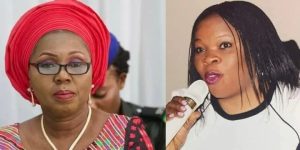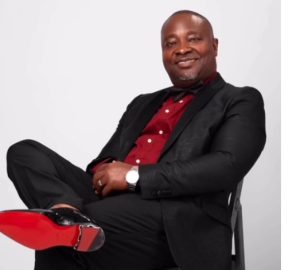
In a statement made available to the press, Lawal Rilwan Ayoola (LRA), the Chairman Emeritus of APC Scandinavia, has expressed his disapproval of the recent trend of military takeovers in Africa.
No sustainable solution expect during the right things by the African leaders and politicians. The bitter pile, is no short-cut.
Military intervention in politics and the overthrow of democratically elected governments has become a growing trend again again.
A former Nigerian military head of state once stated in an interview that he has no regrets about the coup he led then because it was a trend at the time, and this trend has now returned to Africa again.
Since the summit of African leaders in early 2020 (with virtual meetings in 2021), successful military coups have taken place in Mali (twice), Chad, Guinea, Burkina Faso, and Sudan, with attempted coups in Madagascar, the Central African Republic, Niger, Guinea Bissau, and potentially Djibouti.
In less than 50 days, there have been successful coups in Niger and Gabon.
Moreover, Africa has witnessed constitutional coups, where incumbents exploited constitutional loopholes to extend their terms, as seen in Guinea, Cote d’Ivoire, and Cameroon.
In Tunisia, the incumbent president exercises power through decrees without adequate institutional checks.
Africa is also grappling with emerging conflicts.
Ethiopia, the continent’s second most populous nation, has been engulfed in a major and deadly conflict. Despite the AU appointing a special envoy for the Horn of Africa and engaging in diplomatic efforts, tangible results remain elusive.
In the Sahel region, the zone of instability caused by insurgencies and Islamist extremists has expanded, resulting in loss of life, mass displacement, and widespread suffering.
This has consequently weakened the legitimacy and capabilities of fledgling democratic regimes.
Persistent instability in South Sudan, Libya, and Somalia has shown limited progress, with the AU’s involvement often restrained despite its military presence in Somalia.
While each situation possesses unique contextual factors, they share common links to a deficit in democracy and governments inability to provide freedom and peace alongside desired development of citizens.
The in-ability of ostensibly elected governments to deliver on these fronts has resulted in leaders lacking a substantial popular constituency, and the democratic system itself facing challenges.
The structural conditions that have enabled coups and insecurity in various countries prevail in a significant majority of African nations.
Furthermore, the successes and apparent approval of certain coups have established a precedent that could potentially inspire emulation.
However, a future marked by poverty, election manoeuvring, selfish constitutional amendments, insecurity, and susceptibility to coups is not inevitable for Africa.
In truth, the continent continues to witness the tenacity of democracy in countries like Malawi and Zambia.
Effectively addressing these challenges and embarking on a trajectory toward peace, freedom, and sustainable development and thriving of democracy hinges on three fundamental factors.
Firstly, there must be a transformative shift in the mindset of African politicians and heads of states.
Secondly, resolute actions are imperative to expedite economic, security, and political integration across the continent.
Thirdly, the AU and ECOWAS must establish laws to limit the tenure of any elected individual in office for presidents.







